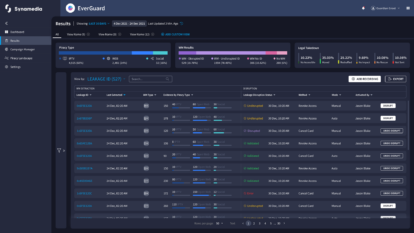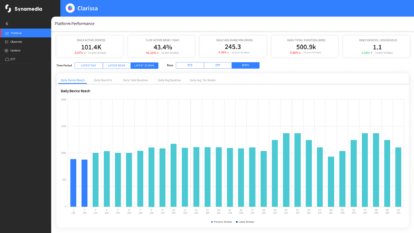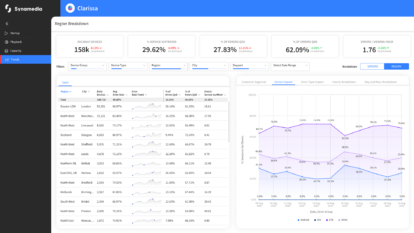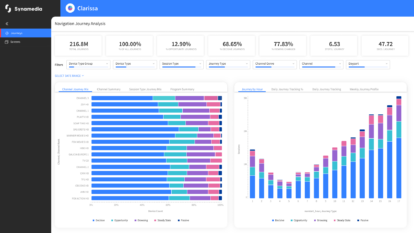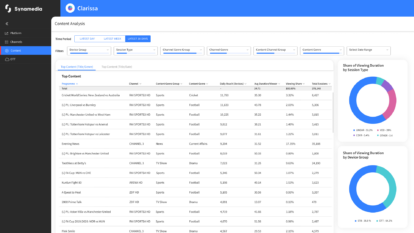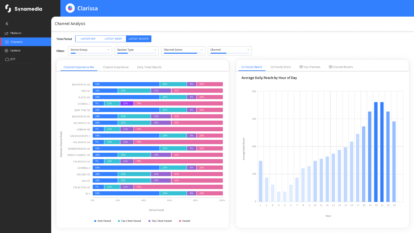- March 23, 2022
- 14:30:00 GMT
Webinar: How are analytics shaping operators’ revenues and content strategy?
You no doubt have a wealth of data across your video ecosystem. But is it giving you the full range of insights you need to achieve your true revenue potential and optimize your content strategy?
For example, do you know:
- How efficiently viewers are finding your content?
- Which subscribers are likely to churn?
- On which devices users prefer to watch different content?
- Whether there are error patterns that you can address proactively before they impact users?
- Which times of day are most effective to run a promotional campaign?
If you are in Product Management, Marketing, Content Rights Management, Ad Sales or Tech Ops, join expert panelists at our upcoming Indiatelevision.com webinar as they discuss:
‘How are analytics shaping operators’ revenues and content strategy?
Date: Thurs, March 23rd, 2022
Time: 2.30 PM – 3.30 PM IST
Confirmed Speakers:
Amruta Shankar
Director, Data and Analytics, Synamedia
Divya Dixit
SVP, Revenue & Marketing, ALTBalaji
Viraj Jit Singh
SVP & Head of Revenue, MX Player
Abhirup Datta
Head-AVOD Marketing, ZEE5
Moderator: Anil Wanvari
Founder, CEO & Editor-in-Chief, Indian Television Dot Com
Bringing various case studies to the session, our panelists will reveal the kind of analytics available today and how you can use them to positively impact your bottom line and user experience.
Forthcoming Webinars

Unlocking Success with Small Business Broadband – Episode 2: The Operator Perspective
Find out more
SaaS: Beyond the Basics – Episode 1: Deliver Exceptional Fan Experiences with Synamedia Quortex
Struggling with live sports content delivery? Join our exclusive webinar and discover how Synamedia Quortex can help you handle peak demand, ensure security, and bring new content to market faster. Don’t miss out—register today to gain a competitive edge in sports content distribution!
Find out more
